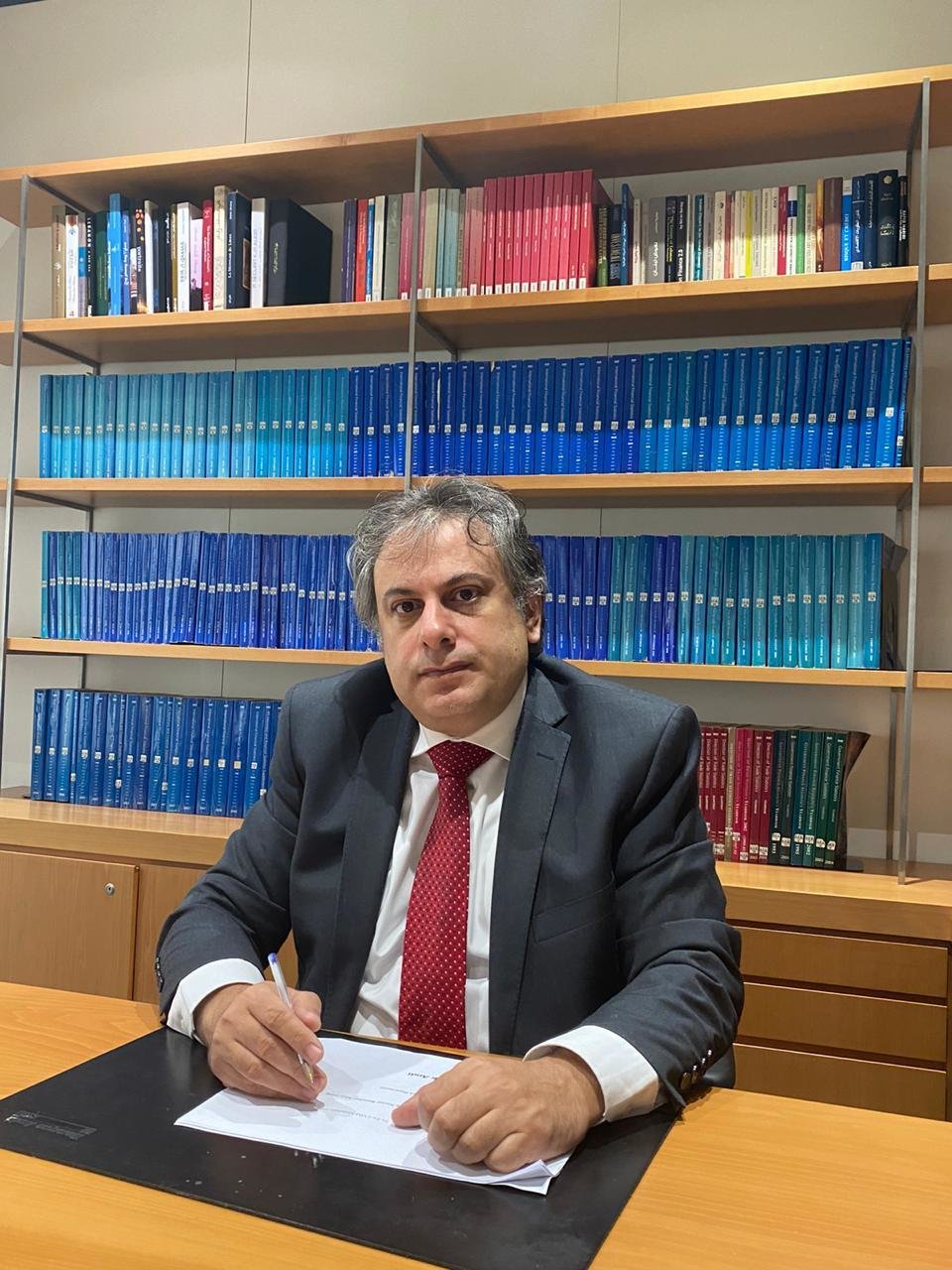
Why cash is king in Lebanon's spluttering economy
Lebanon's Central Bank (BDL) has issued a series of circulars aimed at absorbing liquidity in local currency and combating the hoarding of subsidised imports, following the fall of the Lebanese pound on the parallel market and the shortage of many basic goods such as fuel and drugs.
The move comes after the BDL had increased the amount of total pounds in circulation by 125 percent since the beginning of 2020.
In 10 months, BDL has injected LBP13 trillion in the market, which is higher than the total printed pound from 1977 until the end of 2019.
Currency in circulation rose from $7 billion at end-December 2019 to $21.6 billion in September, with the excessive Lebanese pounds adding pressure on the exchange market and powering inflation.
Following a circular that called on banks to limit their withdrawals based on the size of accounts they have at BDL, Lebanese banks have started lowering the limit of pound cash withdrawals.
Many banks have reduced their monthly cash withdrawals in pounds to between LBP2 million and LBP4 million. Prior to the issuance of the circular, the cash pound withdrawal limit was LBP25 million per month.

Dr Marwan Barakat (pictured above), group chief economist and head of research at Bank Audi, told Arabian Business: "The aim is to ease the burden on customers given the depreciation of the local currency on the black market. But at the same time, this boosts the amount of currency in circulation.”
Riad Salame, the central bank’s governor, on Wednesday issued a statement denying news by some banking sources and media outlets claiming that it had set a ceiling for LBP withdrawals by depositors from local banks.
BDL also issued Circular 573 which tightens its financing mechanism for the import of hydrocarbons, wheat, pharmaceuticals, medical equipment and milk for babies.
Previously, importing companies were allowed to buy foreign currency from BDL to cover 90 percent of the firm's import bill for oil derivatives, 85 percent of the import bill for wheat, medicine, medical equipment, milk for babies less than one year old, as well as for raw materials used in the manufacturing of medicine.
The new circular asks importers who want to benefit from this mechanism to place the amount in Lebanese pounds in commercial banks that they want BDL to convert to US dollars at the prevailing official exchange rate of LBP1507.5 per dollar. Banks will then deposit banknotes in BDL in exchange for converted dollars.
Barakat said: “In a way, circular 573 counterbalances the former decision and aims to bring liquidity in Lebanese pounds back into the banking system... The BDL’s objective is to reduce the quantity of LBP being offered for exchange against US dollar on the black market, and thus reduce the depreciation of the LBP, especially as the LBP currency in circulation increased by 110 percent since the beginning of the year. On the flipside, gas stations are asking customers to settle their purchases in kind and this is creating some concerns about the ease of payment at points of sales across the country.”
The surge in currency in circulation is due partly to the shift to a cash-based economy as importers will likely insist on cash payments from merchants in order to secure the percentage required in the circular to complete deals at the subsidised exchange price.
Consequently, merchants, especially gas station owners who own the largest cash mass of the Lebanese pound, in addition to food and pharmacy merchants, will begin to reject all payment methods via bank checks or credit cards in Lebanese pounds, and limit them only to cash amounts.










